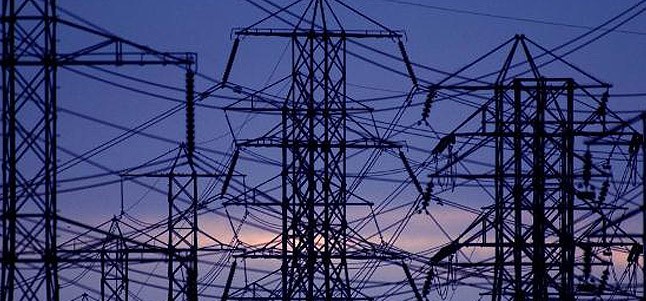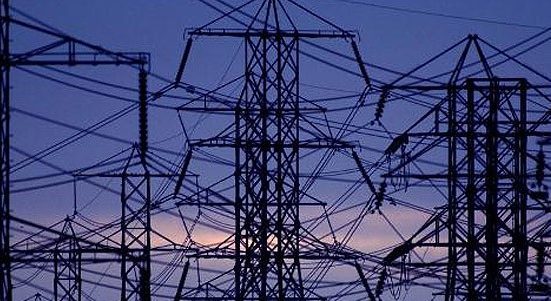Abuja, Nigeria | September 23, 2025
Nigeria’s efforts to decentralize its electricity sector are encountering significant challenges, with 24 of the country’s 36 states reportedly backpedaling on reforms due to unresolved tariff issues and a mounting debt crisis.
The 2023 Electricity Act, which granted states regulatory autonomy, has seen only 12 states assume control over their electricity markets.
However, these states are grappling with financial constraints and operational difficulties, casting doubt on the sustainability of the decentralization initiative.
A major point of contention is the tariff structure.
The Nigerian Electricity Regulatory Commission (NERC) has rejected state-level tariff orders, asserting that states lack jurisdiction over the national grid and federally licensed power stations.
This has led to disputes, such as Enugu State’s unilateral tariff reduction, which was not recognized by NERC.
Compounding the situation is the sector’s debt crisis.
The federal government has approved a phased plan to refinance ₦4 trillion (approximately $2.6 billion) in electricity sector debt, primarily owed to 27 power generation companies for unpaid invoices from 2015 to 2023.
This debt has hindered investment and exacerbated power outages.
The refinancing plan aims to stabilize the power industry and improve energy supply.
The deadlock in 24 states threatens to undermine the contributions of sub-national governments to the distressed sector.
Analysts warn that without resolving these issues, Nigeria’s electricity market reform may stall, leaving the country to continue facing persistent power supply challenges.

